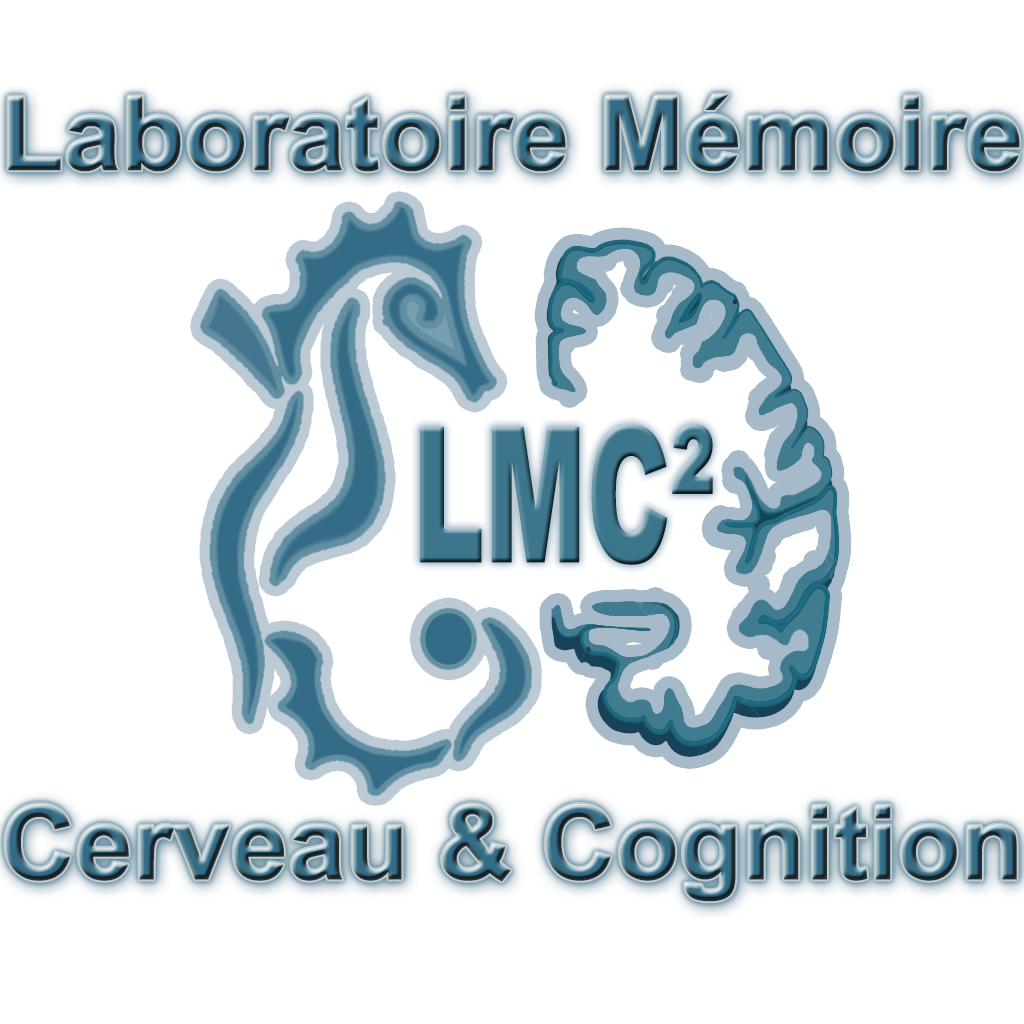Online Cognitive Stimulation Therapy for Dementia in Brazil and India: Acceptability, Feasibility, and Lessons for Implementation
Résumé
Background: Cognitive stimulation therapy (CST) is an evidence-based, group psychosocial intervention for people with dementia, and it has a positive impact on cognition and quality of life. CST has been culturally adapted for use globally. It was developed as a face-to-face intervention but has recently been adapted for online delivery. Objective: In this study, we aimed to explore the feasibility and acceptability of online or virtual CST (vCST) delivery in India and Brazil, emphasizing barriers and facilitators to implementation. Methods: A single-group, multisite, mixed methods, feasibility study was conducted, with nested qualitative interviews. Primary feasibility outcomes were recruitment rate, attendance, attrition, acceptability, and outcome measure completion. Exploratory pre- and postintervention measures, including cognition and quality of life, were assessed. Qualitative interviews were conducted with people with dementia, family caregivers, and group and organizational leaders following intervention delivery, and the data were analyzed using the Consolidated Framework for Implementation Research. Results: A total of 17 vCST group sessions with 59 participants were conducted for 7 weeks, with 53% (31/59) of participants attending all 14 sessions. Attrition rate was 7% (4/59), and outcome measure completion rate at follow-up was 68% (40/59). Interviews took place with 36 stakeholders. vCST was acceptable to participants and group leaders and enabled vital access to services during pandemic restrictions. While online services broadened geographic access, challenges emerged concerning inadequate computer literacy, poor technology access, and establishing interpersonal connections online. Exploratory, uncontrolled analyses indicated positive trends in quality of life but negative trends in cognition and activities of daily living, but these results were not statistically significant. Conclusions vCST demonstrated feasibility and acceptability, serving as a crucial resource during the pandemic but raised challenges related to technology access, computer literacy, and long-term implementation. The study highlights the potential of vCST while emphasizing ongoing development and solutions to address implementation challenges.
Domaines
Psychologie
Fichier principal
 Fisher&al.2024.Online Cognitive Stimulation Therapy for Dementia in Brazil and India.JMIR_AGING.pdf (180.73 Ko)
Télécharger le fichier
Fisher&al.2024.Online Cognitive Stimulation Therapy for Dementia in Brazil and India.JMIR_AGING.pdf (180.73 Ko)
Télécharger le fichier
| Origine | Fichiers éditeurs autorisés sur une archive ouverte |
|---|---|
| licence |



